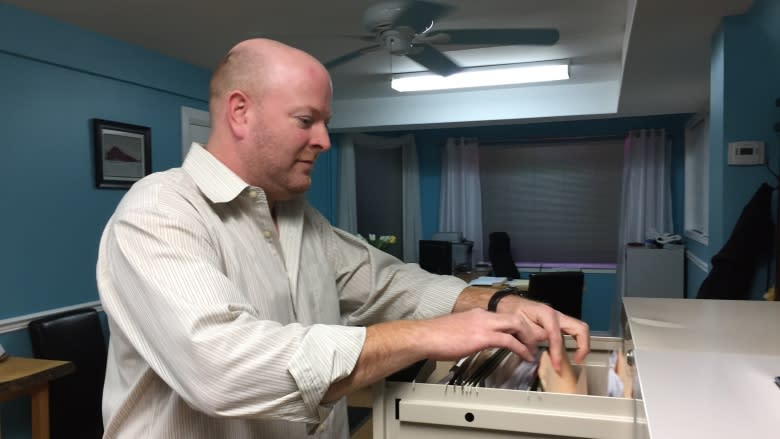Uber and Airbnb make tax time tricky for Canadians
For years, Alison Cullingham rented out rooms of her Halifax home on an informal basis and didn't declare the rental income from it.
Once Airbnb came along, that changed her approach.
"People review you and you have to keep a really clean house … so I realized I needed to do a renovation, I needed to hire a cleaner, I needed to start spending a whole bunch more money in order to keep those earnings going," said Cullingham.
It was at that point she started thinking about tax writeoffs and decided to declare her rental income to the Canada Revenue Agency (CRA).
Who needs to claim business income?
According to Statistics Canada, Cullingham is one of 69,000 Canadians who rent out space in their homes to others through some kind of peer-to-peer network.
Todd Harrison specializes in filing taxes for individuals and businesses. He said there's a lack of understanding about who needs to claim business income.
"People think only the guys out there doing roofing or that are full-time consultants or have their own business are self-employed, but anyone who sells Arbonne, Scentsy, Epicure, as well as Airbnb or Uber, they're all considered self-employed," he said.
Harrison said many people likely don't pay taxes on money earned through those means, but they should.
"Generally speaking, all the income you earn in pretty much any endeavour you could imagine in Canada is taxable," he said.
When it comes to what is known as the "sharing economy," Statistics Canada says overall spending on peer-to-peer ride services and accommodations totalled $1.3 billion last year.
What to write off
Sometimes, the way sharing economy companies are structured can help people keep track of their income and expenses. Vijay Kumar is an Uber driver in Scarborough, Ont., who does it to supplement his income from his job in the hotel business. He said Uber has provided him with a full accounting of his earnings.
"And then on the other side, they'll give me something that says other potential deductions," he said, pointing to things like Uber service fees and the amount of mileage travelled.
Even with all that info, Kumar is unsure of what he can write off as a business expense.
This is one of the complications with the sharing economy — things you use to make money like your car or your home are also used for personal reasons.
At Cullignham's house, she said the only place off limits to guests is her own bedroom, which means four-fifths of her house is used for business. As a result, she writes off four-fifths of her expenditures.
As for Kumar, he says he'll use an accountant for this tax season to make sure he's sharing what he's supposed to with CRA.



